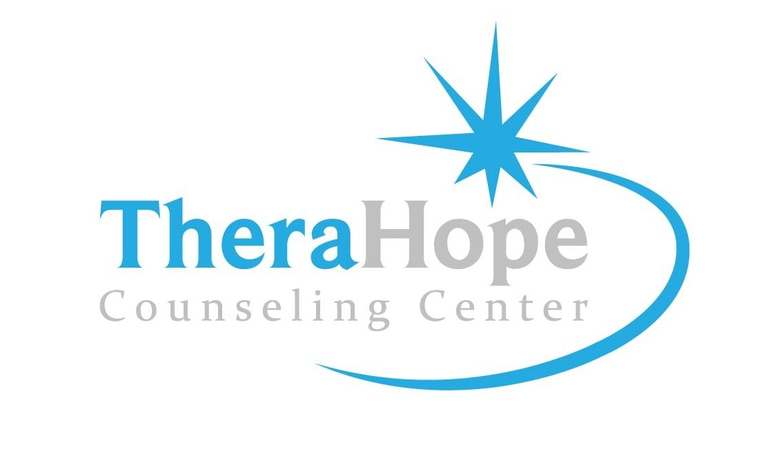What is Christian Therapy?


What Is Christian Therapy?
A Compassionate Integration of Faith and Psychology
Christian therapy is a unique and powerful approach to mental health that blends psychological insight with spiritual truth. Rooted in both evidence-based practices with Christian principles, this form of therapy offers individuals a path to healing that acknowledges the whole person - mind, body and spirit.
Whether you are navigating grief, anxiety, depression, trauma, or relationship struggles, Christian therapy provides a space where emotional healing and spiritual growth go hand in hand.
Christian Therapy for Emotional Healing
At its core, Christian therapy is grounded in a biblical worldview. This means recognizing that each person is created in the image of God and inherently valuable. Life's pain, struggles and challenges are not dismissed or oversimplified, but rather explored with compassion, truth and Grace.
Christian therapy invites individuals to bring their faith into the counseling room - not as a substitute for professional care, but as a foundation upon which hope and healing are built. Just as Psalm 34:18 says, "The Lord is close to the brokenhearted and saves those who are crushed in spirit," Christian therapy seeks to reflect that same closeness and comfort in every session.
Evidence-Based Techniques with Faith Integration
Christian therapists are trained professionals who use evidence-based approaches such as Cognitive Behavioral Therapy (CBT) mindfulness strategies, and trauma-informed care while integrating Christian principles when appropriate and desired by the client.
For example, a therapist may use CBT to help a client identify and challenge negative thought patterns while also exploring how Scripture can reframe those thoughts with truth and grace. A client dealing with shame may be guided to process their emotions clinically while also learning to rest in God’s forgiveness and unconditional love.
Christian therapy is not about pushing religious beliefs. Rather, it’s about honoring the client’s spiritual identity and incorporating faith-based tools when they are a source of strength, peace and clarity.
The Role of Prayer, Scripture, and Spiritual Practices
For those who are open to it, Christian therapy may include prayer, reflection on Scripture, and encouragement to engage in personal spiritual practices like journaling, worship, or meditating on God’s Word. These practices are never forced - they are gently offered as part of the healing process when the client finds them meaningful.
The therapeutic relationship becomes not just a clinical alliance but a sacred space where the client is invited to connect more deeply with God in the midst of their pain, confusion, or transition.
Wholeness: Mind, Body and Spirit
Christian therapy recognizes that emotional and mental health are deeply connected to spiritual well-being. This holistic approach acknowledges that our existence encompasses more than physical bodies or minds confined to mere thoughts; rather we have a purpose and spiritual journey with our relationship with GOD.
A Christian therapist will often explore how spiritual disconnection, distorted beliefs about GOD, or church-related wounds may impact mental health. At the same time, therapy can be a place where clients rediscover the joy of their faith, receive clarity in their calling, or release guilt and shame that has hindered their growth.
Who Is Christian Therapy For?
Christian therapy is ideal for anyone who wants their faith to be acknowledged and respected as they pursue emotional healing. It is especially helpful for:
Individuals who want to explore their mental health from a Christian perspective
Clients dealing with life transitions, grief, or trauma where faith is a central source of hope
People recovering from religious trauma or spiritual abuse, seeking a safe and compassionate space
Christians who feel disconnected from GOD and want to process that spiritual struggle alongside their emotional pain
It is also important to note that Christian therapy is not limited to people who regularly attend church or live without questions or doubts. Therapists meet clients where they are without judgment and support them in exploring or rediscovering their faith at their own comfort level.
Misconceptions of Christian Therapy
Christian therapy is not a sermon, a Bible study, or a substitute for pastoral care. It does not ignore psychological science, minimize serious mental health issues, or judge others. It is not about offering spiritual platitudes like “Just pray more,” nor does it promise that faith alone will make pain disappear.
Instead, Christian therapy respects the complexity of human emotions and provides an emotionally safe space where healing is nurtured through evidence -based counseling practices with a balance of spiritual truth and clinical care.
Final Thoughts
In a world where many people feel torn between their faith and their mental health, Christian therapy offers a bridge. It allows clients to embrace their identity as both spiritual and emotional beings and to experience transformation that honors both their humanity and their hope in Christ.
At TheraHope Counseling Center, we specialize in walking alongside individuals and families who want their healing journey to be shaped with evidence-based practices and incorporating their faith. Whether you are seeking hope, clarity, peace, or reconnection with God - Christian therapy can meet you where you are and help you move forward.
Disclaimer
Christian therapy services at TheraHope Counseling Center are provided by licensed mental health professionals who integrate faith-based principles upon a client's request during initial intake. We respect all client's beliefs and will never impose religious views in sessions. Christian integration is optional and is always tailored to the client’s values, needs, and preferences.
